As I delved into the realm of jazz, one artist's melodies guided me on a spiritual odyssey: Horace Silver. Ever since my teenage years in the early '60s, when I embarked on my jazz exploration, Horace has remained a cherished figure. His music, distinguished by its approachability, proved to be an ideal gateway for a budding enthusiast like myself, newly venturing into the world of jazz. Horace stood as a cornerstone in my musical journey, shaping my appreciation for the genre.
Horace Silver wasn't just a jazz pianist, he was a musical alchemist, blending hard bop with soulful expressions that spoke directly to the heart. But what really set Horace apart was the spiritual essence infused into everything he wrote and played.
"Song for My Father" isn’t just a tribute to his own dad, but a reflection on the universal bonds that connect us all. His music, always joyful and uplifting, carries a deeper message of connection, love, and spiritual awakening.
Through his melodies, Horace Silver created a sanctuary for listeners, a space where the soul could dance freely. His legacy is not just in the notes he left behind, but in the spiritual journey he invites us on, every time his music plays.
Horace Silver's journey through jazz was not just about creating music; it was about crafting experiences that resonated on a deeper level. And that is a legacy that will forever echo through the ages.
For over half a century, Horace Silver was at the forefront of leading remarkable jazz groups, similar to the mentorship role Art Blakey played with his Jazz Messengers—an ensemble Horace co-founded. Horace played a crucial role in nurturing emerging talents, many of whom, including Mike and Randy Brecker, Billy Cobham, Bob Berg, and Tom Harrell, later blossomed into prominent musical figures.
A linchpin in the jazz domain, Horace's contributions as both a pianist and composer are immense. His pioneering efforts in hard bop, which skillfully fused R&B, gospel, and blues with jazz, resulted in a sound that was more approachable and emotionally resonant than the intricacies of bebop.
A recent exploration into Horace's career led me to focus on his later projects with Blue Note Records, beginning with 'Silver 'N Brass' in 1975. This music has always captivated me. The last interaction I had with Horace was at the 2004 IAJE Conference in New York, where I asked if there were any plans to reissue these albums to broaden their reach. His response, marked by a hint of unease, revealed that during the time these albums were produced, Blue Note was experiencing significant transitions, leaving much of his work from that era unrecognized within the jazz community. He also mentioned that the then-current leadership at Blue Note appeared largely uninterested in revisiting these recordings. Although some of these works were later available on CD, they have since gone out of print, with only a few tracks accessible on YouTube.
Several years before his untimely passing at the age of 58, Bob Belden introduced me to an incredible resource, Sugarmegs, which boasts a treasure trove of over ten thousand live audio recordings available for free downloading and streaming. This extensive audio collection spans a broad spectrum of music. The content includes board mixes and audience recordings, as well as radio and television broadcasts. Visiting the site is highly recommended for anyone interested in exploring some genuinely outstanding, and in some cases, rare music. But I must warn you, once you go down the rabbit hole at Sugarmegs, you may not come back for several hours.
On the site, I was able to find several rare live performances by Horace Silver from the fifties through to the nineties on the site. These performances included extended renditions of tracks from his final Blue Note albums
Suddenly, I had an epiphany: why not produce a documentary film about Horace Silver? My feature-length documentaries have always centered around subjects that deeply fascinate me, and Horace’s music certainly has that effect.
When I was fifteen, I began traveling from Hartford to New York by train to explore record stores and experience live music, primarily attending the Sunday Matinees at the Village Vanguard. In 1967, I encountered Horace Silver on the train ride back from New York. Originally from Norwalk, Connecticut, he was on his way to visit his father. We engaged in a delightful, hour-long conversation. He was the first renowned jazz musician I ever had the opportunity to talk to at length. Horace was incredibly warm and engaging, much like his music.
A few years into my Jazz Video Guy run, I started using Google Hangouts to live-stream programs with multiple guests. I did one show with musicians who played with Horace Silver, including Randy Brecker, Larry Ridley, Alvin Queen, Todd Coolman, and Jon Burr. I plan on repurposing some of that content for the film. I also have footage from an interview I did with the great pianist Mulgrew Miller in 2008, before his passing, where we spoke about Horace's piano and compositions.
So, I will begin this documentary with existing video content and audio of live concerts.
I've started reaching out to surviving musicians who played with Horace and plan on interviewing them on Zoom, since I'm living in Mexico. The first three are complete: Terry Gibbs, Billy Cobham and Ron Carter, with many more to follow.
There are also several video interviews with Horace on YouTube I plan on utilizing, as well. Additionally, I've recently found three lengthy audio interviews, conducted by former DJ and jazz enthusiast Dan McClosky. Dan has a YouTube channel with many interviews, including with Lee Morgan and Mike Bloomfield, my favorite blues guitarist, and others that are worth checking out.
And, finally, there are Horace Silver performance videos, mostly from European TV. So, there's no shortage of content for this documentary, which now has a working title: It’s Got to Be Funky: The Life and Music of Horace Silver. The title came from his 1994, Columbia release, one of his best recordings.
My friend Zev Feldman, known as the Jazz Detective, facilitated a connection with Horace's estate, his lawyer Joel Weinstein, and Horace's widow, Jemela Mwelu. As a result, I am proud to announce that this will be the first and only official documentary about Horace Silver. In his 2007 autobiography, Horace expressed a wish for a documentary to be made about his life, a wish that is now becoming a reality.
I envision the film as a cinematic tone poem, blending interviews, narration, live performance footage, animation, and most importantly, Horace’s music, to vibrantly narrate Horace Silver's story. I'm thrilled to be collaborating with an exceptional animation artist who is also an outstanding alto saxophonist, Allen Mezquida. Allen's contribution is set to take this film to a higher plane.
For me, the core inquiry of the film revolves around a pivotal transformation. Following his acclaimed musical contributions in the '50s and '60s, Horace Silver embarked on a journey of spiritual exploration through his music. He crafted suites that incorporated a diverse array of instruments including strings, brass, vocals, and percussion, thereby introducing his music to a distinctively new milieu. This raises the question: What inspired him to pursue themes of spirituality and upliftment, and to evolve his ensemble beyond the quintet format?
I'll be posting new Horace Silver content here on my blog once a week, as this journey continues, keeping you informed about my progress with my Filmmaker’s Diary. This will give you an insider's view into the creation of a this documentary, as well as new insights into a truly remarkable man.
I am crowdfunding this film, as I’ve done with my three previous documentary features. If you’d like to help, please visit: It’s Got To Be Funky
Syncopated Justice recently celebrated its fourth month. I am immensely grateful for your support and enthusiasm. I consider myself incredibly fortunate; my work is respected and I thoroughly enjoy doing it.
I reside in an exquisite locale, part of an incredibly supportive community, which has significantly improved the quality of my life since I moved to Guanajuato, Mexico in May of 2022. Mexican civilization fascinates me, and my Mexican brothers and sisters are among the nicest people I have ever met in my life. I feel very welcome here.
Through this blog, I have found the freedom to write about what genuinely interests me, unconstrained by the obsession over metrics, rights, or the pervasive folly that dominates social media.
Gratitude fills my soul.


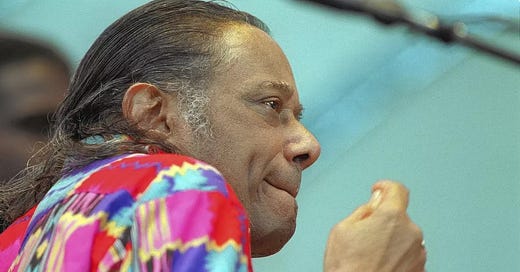



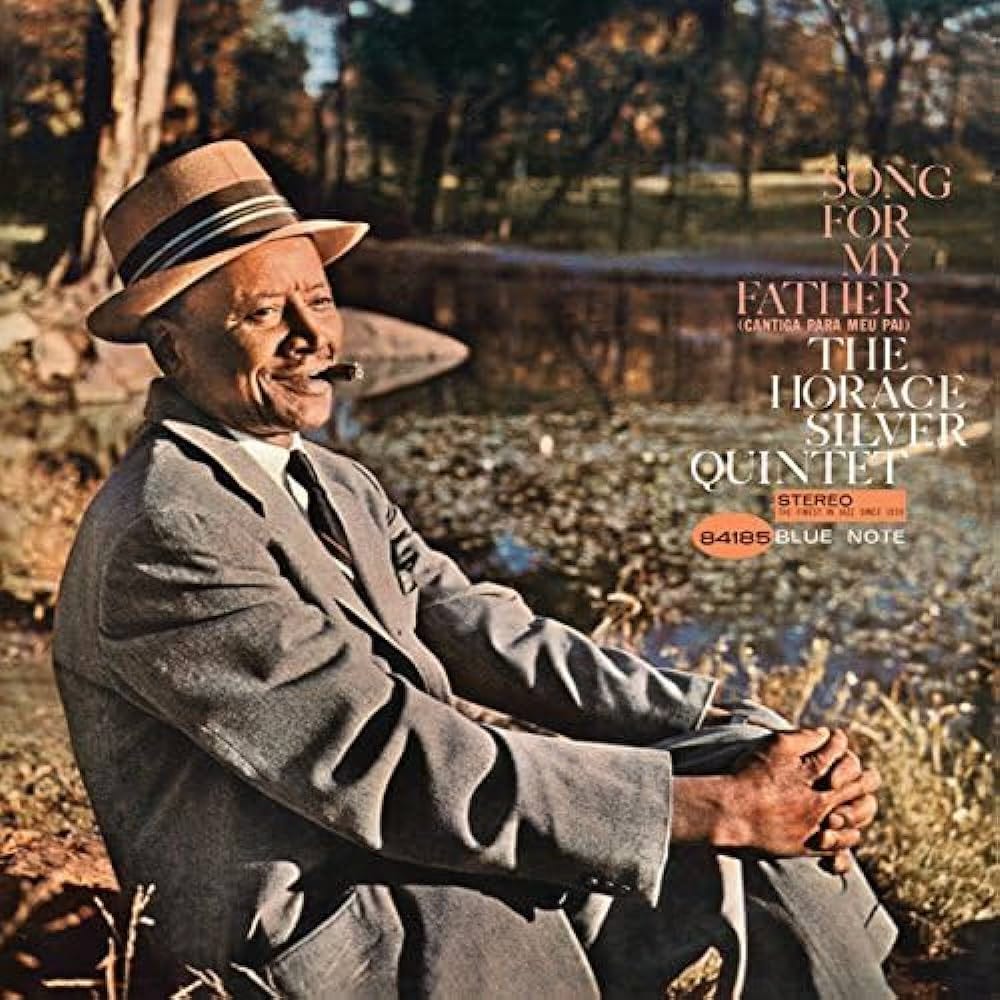
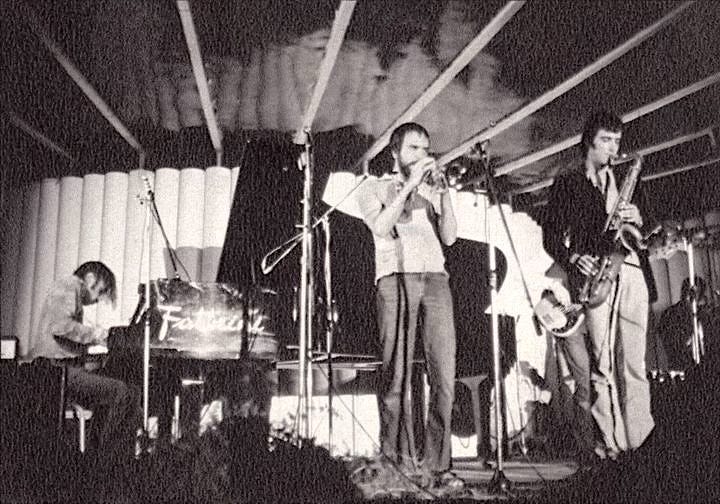
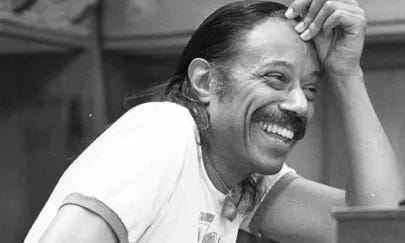
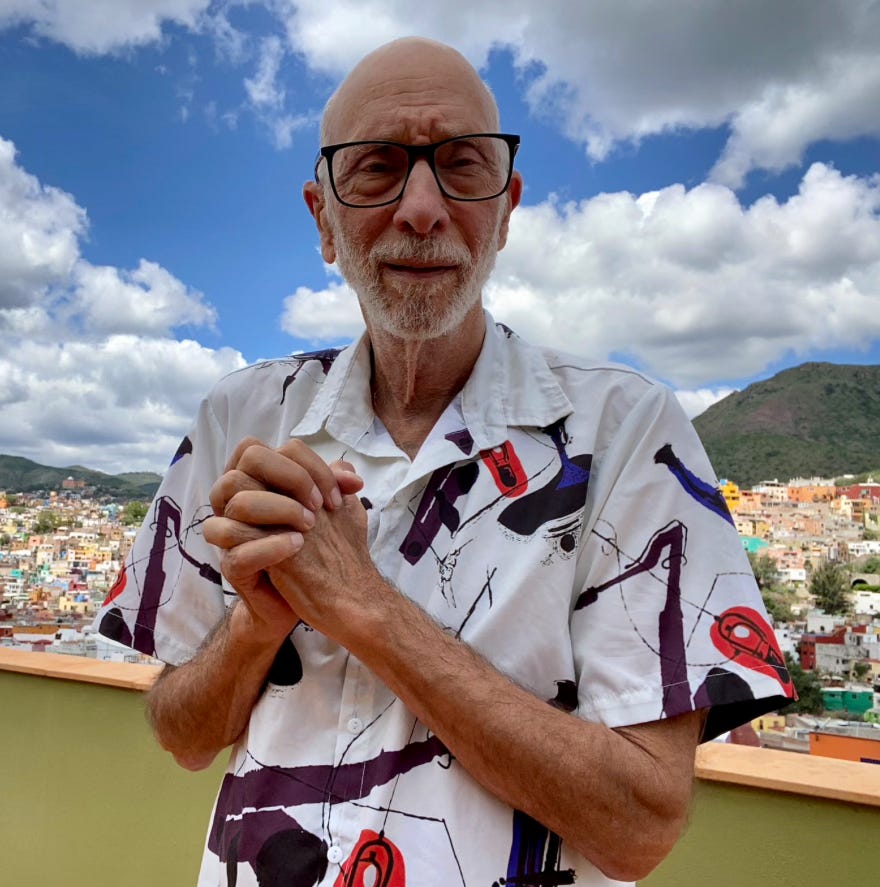
Brilliant take on Horace, Bret! One of my regrets is never seeing him perform, before heading to the Pacific Northwest, far from the east coast venues. Some of the greats passed through Vancouver, but not many, and not Horace. I'm happy to throw some coin in the hat, and wish you well in getting this project off the ground!
Horace Silver is one my favorite pianist and composers. I believe that he had Cape Verdean roots. Cape Verde has produced many great musicians and singers. Some of my favorite African music!